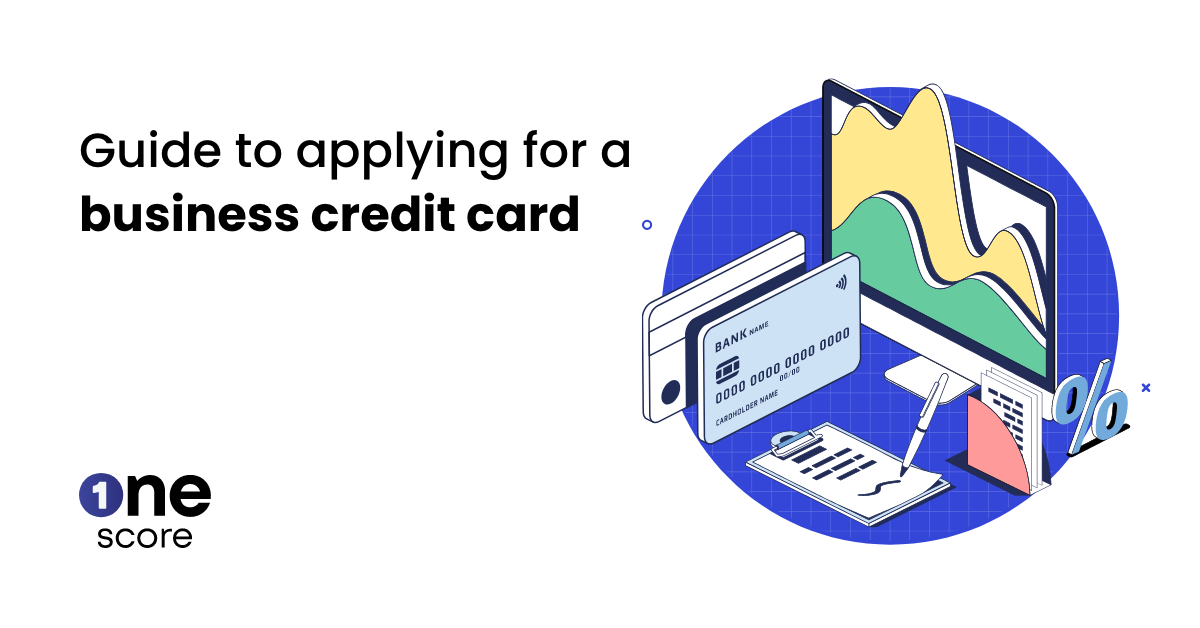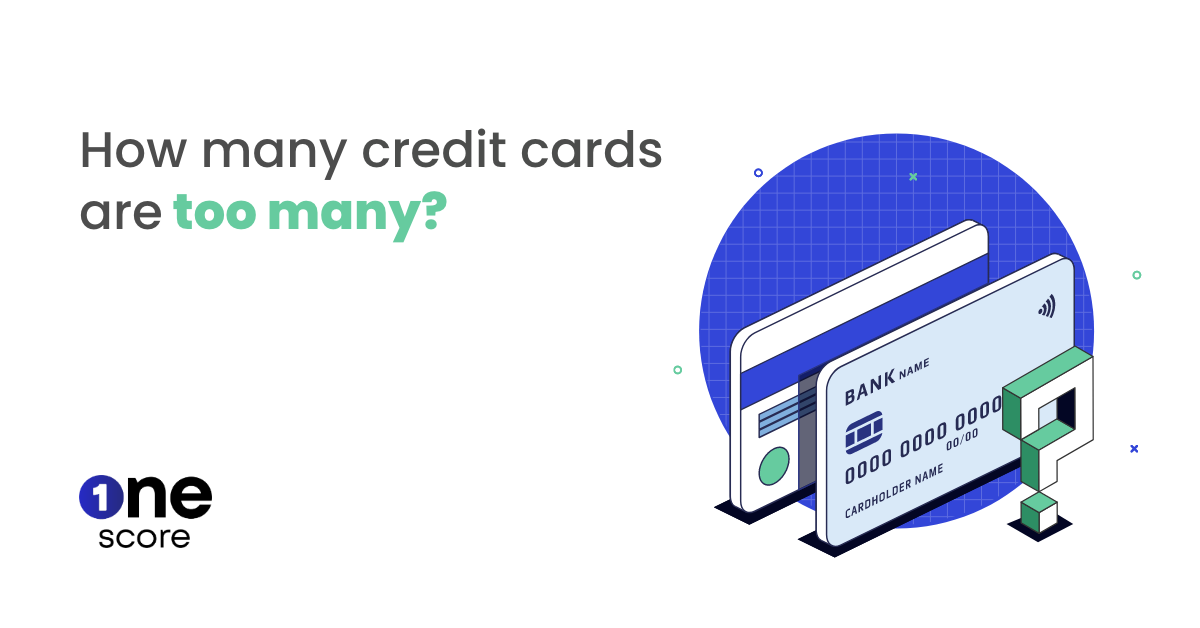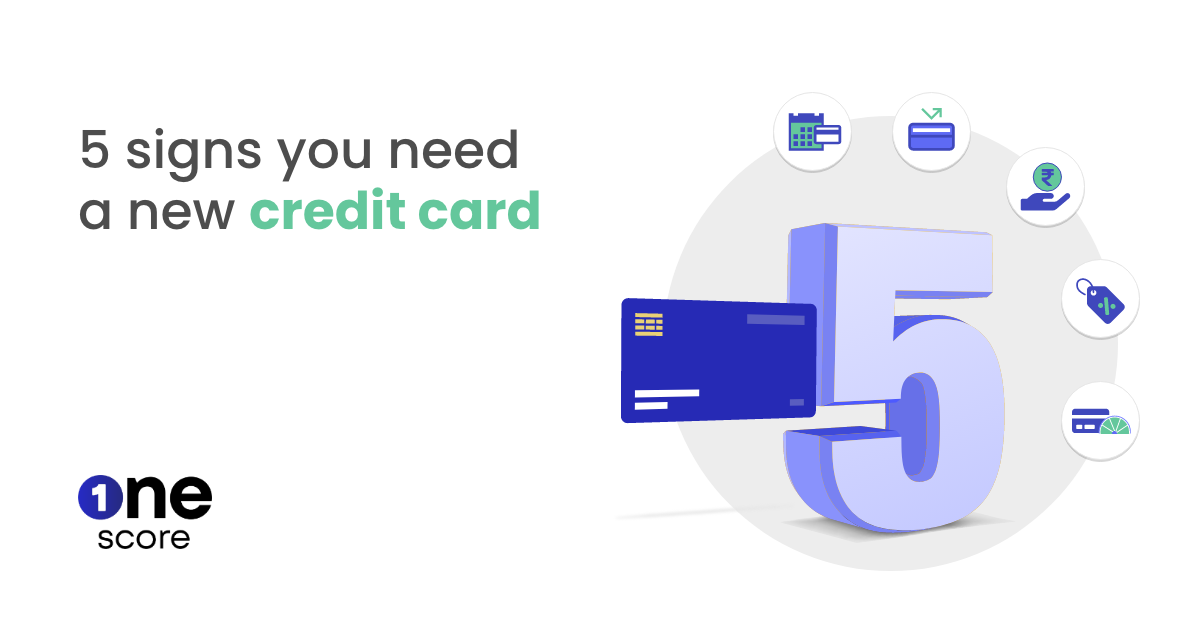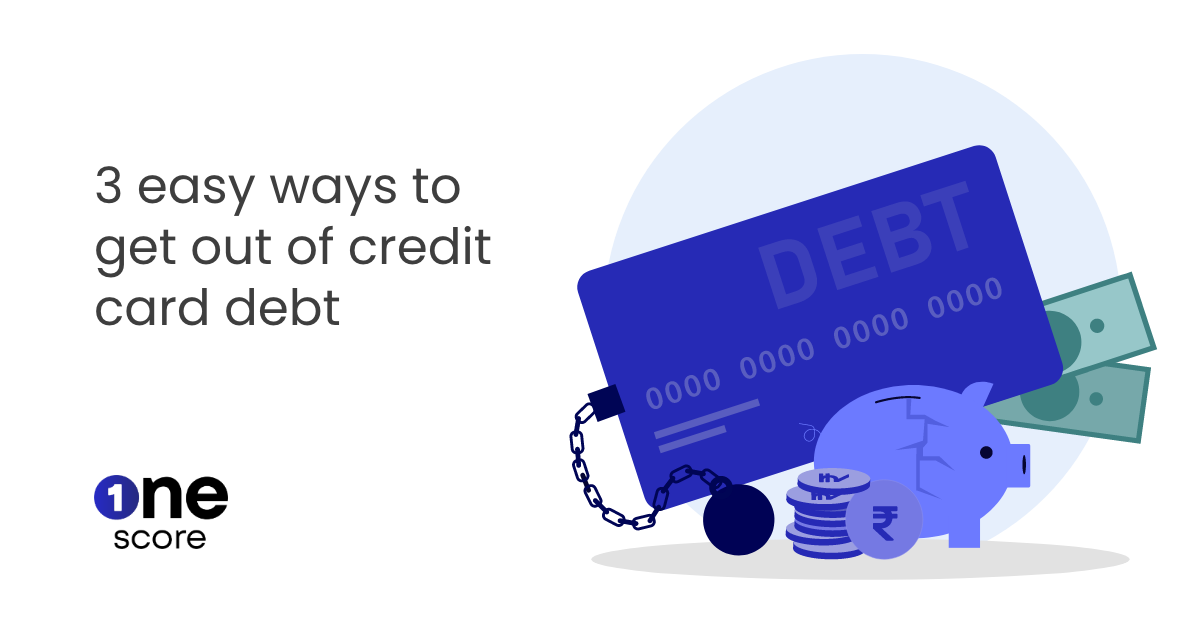A Comprehensive Guide to Business Credit Cards in 2024

For every business owner, from sole proprietors to CEOs, business credit cards are a convenient way to finance office purchases like furniture, manufacturing materials, or equipment. While business cards offer many of the advantages of personal credit cards, it’s important to be aware of the factors that often vary from card to card. These include liability, eligibility, and rewards, among others; moreover, certain individual consumer protection measures are not applicable to businesses.
Just as good credit enhances one’s financial and personal life, easing your way to secure financing, the same logic applies to business. Not only does good credit give your business an edge over the competition, it also goes a long way in safeguarding your venture against unforeseen emergencies. Business credit cards can be an effective way to build good credit. But how do business cards improve your business, and what are the key considerations to bear in mind? Let’s find out.
What is a Business Credit Card?
Tailored for all businesses, big or small, business credit cards cover business expenses, from supplies and furniture to domestic and international travel. Most of these cards prohibit cardholders from using business cards for personal expenses and encourage exercising caution against spending irresponsibly using such cards. Business credit cards help businesses build credit and are especially useful in securing loans, with many cards offering short-term financing for larger purchases.
Also Read: A Beginner’s Guide to Starting a Small Business from Scratch
Benefits of Using a Business Card
1. Interest-Free Repayment Method
While some cards offer an interest-free repayment period of 48 days, the standard duration is 30 days from the date of transaction. This is extremely significant for businesses, as they can leverage some additional time prior to repayment.
2. Rewards and Cashbacks
Based on your business card’s terms and conditions, every expense can earn you reward points, cashbacks, and even air miles for work trips. Many cards also offer exclusive promotional offers and exciting discounts on dining, accommodation, and office utilities across the globe.
3. Ease of Management
Business card networks offer numerous features that make your financial management a smoother ride. From category-wise expenditure tracking to filtered report generations, such features allow business owners to glean valuable insights from the expenses, identify theft or fraud, and restrict usage in case of a security breach.
4. Lifestyle Upgrades
The more expensive business cards offer a range of luxurious advantages, like complimentary lounge access in airports and comprehensive insurance coverage for air travel.
5. Boosting Creditworthiness
Using business cards with discretion can rapidly build a company’s credit. In addition to growing brand equity and credibility, this also gives business owners greater purchasing power to expand their venture.
Key Considerations to Keep in Mind
1. Business credit differs from personal credit.
Just as personal credit is affected by taking loans and late payments, similarly, business credit is also a reflection of a company’s credibility and financial acumen. While applying for a business credit card, owners are required to show both their business credit history as well as their personal credit history. This then determines their eligibility and credit limit for the new card.
2. Business credit card applications typically require more information than personal credit card applications.
In addition to basic personal details like name, date of birth, and address, business card applications require business-specific as well, such as the name of the business, industry, and revenue.
3. Business cards have higher credit limits than personal credit cards as they have larger incomes and, consequently, larger expenses.
Interestingly, small business owners tend to have higher credit than average, thus raising their credit limit. Moreover, business cardholders can also request that their card issuer raise the credit limit as and when necessary.
Also Read: Dreaming of a Big Purchase? Here’s Why a Good CIBIL Score is a Must
Eligibility Criteria
Eligibility criteria vary from bank to bank or lender to lender.
Business card applicants must be Indian citizens. The applicant must be a business owner, regardless of the size of their business. Some lenders may specify a cutoff turnover or sales volume as part of the eligibility criteria.
Necessary Documents
-
Proof of identity, such as Aadhaar card, PAN card, voter ID, and/or driver’s licence
-
Proof of address, like passport, Aadhaar card, voter ID, and utility bills
-
The latest filed income tax returns (ITR)
-
Business registration certificate
-
Audited reports and profit and loss statements
-
Proof of business continuity
A business credit card may resemble a personal credit card in most aspects, but nevertheless, it’s crucial for cardholders to understand the subtle, key differences between the two. A business card can be a gateway to lucrative business credit and also reduce overhead expenses by means of advantageous financing. However, the trick is to use business credit cards wisely and responsibly, adhering to terms and conditions, avoiding splurges, and making timely repayments.
**Disclaimer: The information provided on this webpage does not, and is not intended to, constitute any kind of advice; instead, all the information available here is for general informational purposes only. FPL Consumer Services Private Limited and the author shall not be responsible for any direct/indirect/damages/loss incurred by the reader in making any decision based on the contents and information. Please consult your advisor before making any decision.


How your credit cards can become your best friend on vacation




I want a One Credit Card. Why are you asking me to create an FD?
- OneScore , June 24, 2024

